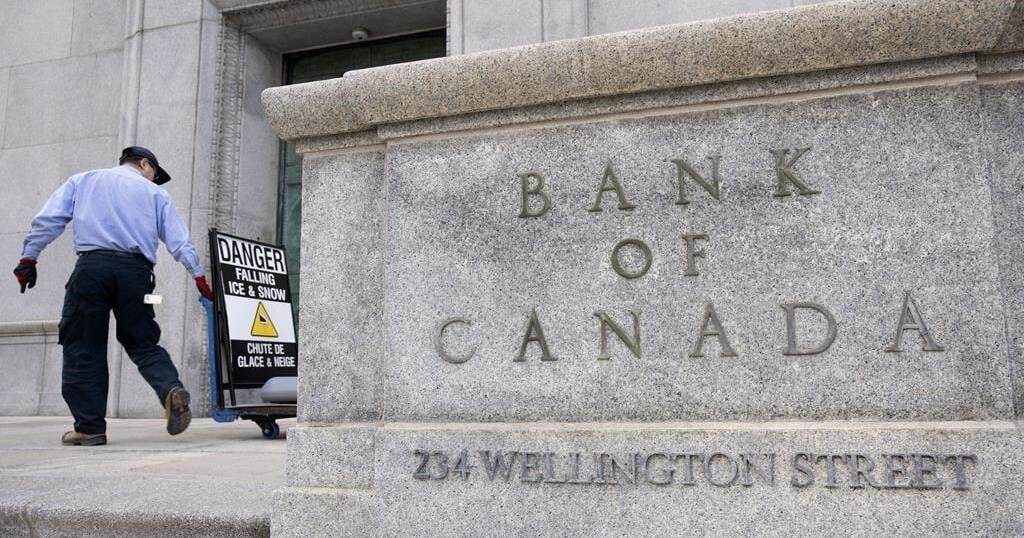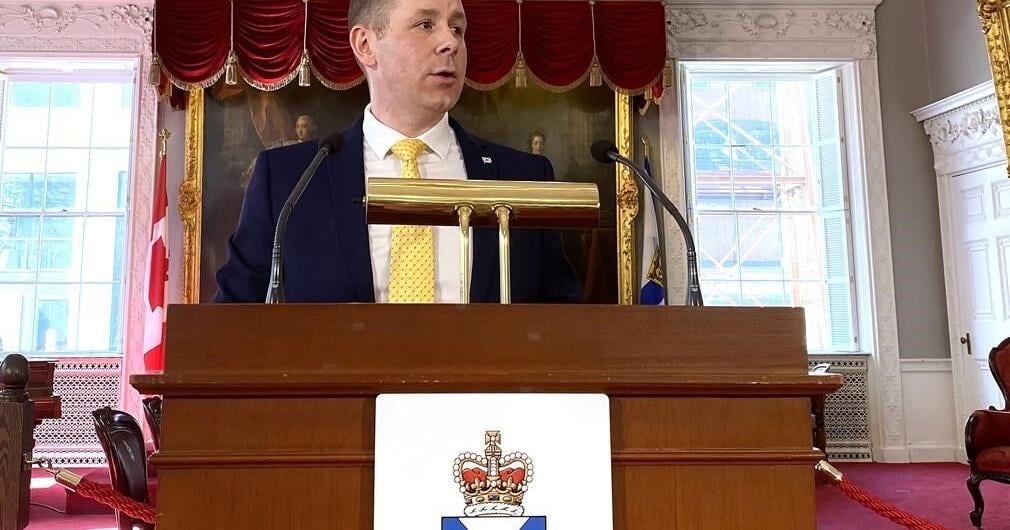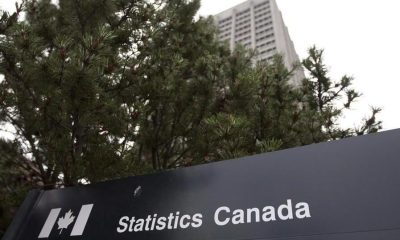OTTAWA – The Bank of Canada cut its key interest rate target by 25 basis points to 4.25 per cent on Wednesday. Here is the text of the central bank’s decision:
The Bank of Canada today reduced its target for the overnight rate to 4.25 per cent, with the Bank Rate at 4.50 per cent and the deposit rate at 4.25 per cent. The Bank is continuing its policy of balance sheet normalization.
The global economy expanded by about 2.5 per cent in the second quarter, consistent with projections in the Bank’s July Monetary Policy Report (MPR). In the United States, economic growth was stronger than expected, led by consumption, but the labour market has slowed. Euro-area growth has been boosted by tourism and other services, while manufacturing has been soft. Inflation in both regions continues to moderate. In China, weak domestic demand weighed on economic growth. Global financial conditions have eased further since July, with declines in bond yields. The Canadian dollar has appreciated modestly, largely reflecting a lower US dollar. Oil prices are lower than assumed in the July MPR.
In Canada, the economy grew by 2.1 per cent in the second quarter, led by government spending and business investment. This was slightly stronger than forecast in July, but preliminary indicators suggest that economic activity was soft through June and July. The labour market continues to slow, with little change in employment in recent months. Wage growth, however, remains elevated relative to productivity.
As expected, inflation slowed further to 2.5 per cent in July. The Bank’s preferred measures of core inflation averaged around 2.5 per cent and the share of components of the consumer price index growing above three per cent is roughly at its historical norm. High shelter price inflation is still the biggest contributor to total inflation but is starting to slow. Inflation also remains elevated in some other services.
With continued easing in broad inflationary pressures, Governing Council decided to reduce the policy interest rate by a further 25 basis points. Excess supply in the economy continues to put downward pressure on inflation, while price increases in shelter and some other services are holding inflation up. Governing Council is carefully assessing these opposing forces on inflation. Monetary policy decisions will be guided by incoming information and our assessment of their implications for the inflation outlook. The Bank remains resolute in its commitment to restoring price stability for Canadians.
This report by The Canadian Press was first published Sept. 4, 2024.

























